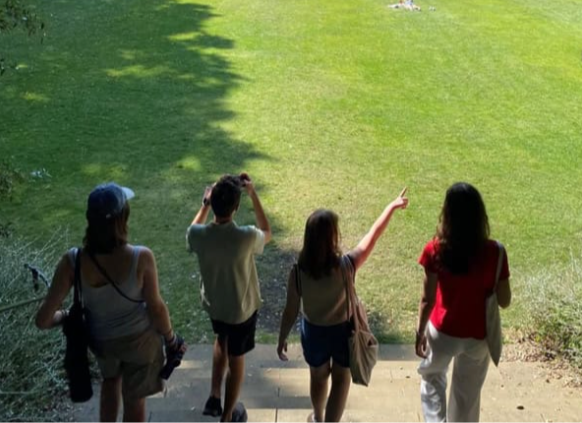Time Management Best Practices
- Katie Garrett, Founder

- Feb 1, 2023
- 2 min read

Time Management is a skill that many of us could improve on - teenagers and adults alike. The world offers plenty of distractions to pull your attention away from what you need to be doing. TV, Podcasts, Social Media, texting, Snapchat - this list goes on and on of things that can distract you from what truly needs to get done.
Managing your time effectively can significantly improve your productivity, reduce stress, and allow you to achieve your goals, so it is worth considering implementing strategies to help improve your time management.
Teenagers that begin working on their time management skills will develop habits that will serve them well through high school, college, and beyond. February is National Time Management Month, so what better time to get started than now?
Follow us here and on our social media throughout the month for tips for you and your teenagers to help improve your time management skills.
5 Tips for Better Time Management:
1. Prioritize tasks: Make a to-do list and prioritize tasks based on their level of importance and urgency. This will help you focus on what needs to be done first and avoid wasting time on less important tasks.
2. Set realistic goals: Break large tasks into smaller, manageable goals and set deadlines for completion. This helps you avoid feeling overwhelmed and improves your chances of success.
For Teenagers - learning to prioritize tasks and then setting goals and deadlines for steps leading to larger project completion is a good skill to learn and one that will become very useful in college. Generally, college students will receive the full syllabus at the beginning of the semester and be expected to manage their time. Similarly - projects will be assigned with no milestone check-ins like they may be used to having in high school. Getting into these habits will help students know how to manage their time and be successful when they reach college
3. Avoid distractions: Eliminate distractions such as social media, email, and interruptions from coworkers. Set aside dedicated time for these activities and stick to them.

4. Use a calendar: Use a calendar to schedule appointments, deadlines, and other important events. This helps you stay on track and avoid missing important commitments. Tip - sometimes a wall calendar laying out the month helps tremendously - especially for high school and college students with projects and assignments, meetings, social events, etc. It gives students the ability to glance at their walls and get a feel for how much free time they actually have.
Parents - it is a good idea to let your student begin to manage their own calendars in high school. Let them keep track of appointments (even if you are scheduling for them) so that they know how to manage everything they have to get done around their schedules. There may be a missed meeting or forgotten appointment every now and then, but they will learn and be able to manage their own calendars in college more efficiently.
5. Track your time: Keep a record of how you spend your time. This will help you identify areas where you may be wasting time and allow you to make changes to improve your efficiency.
Garrett Educational Consulting provides support to students applying to college and boarding school. Learn more about our services HERE




Comments